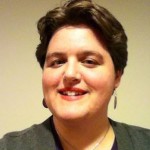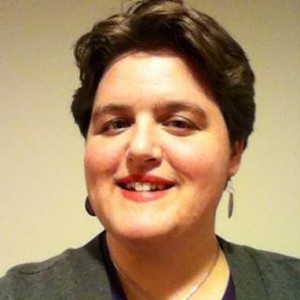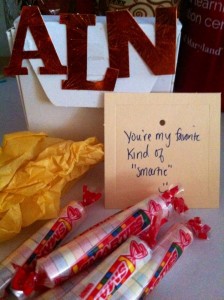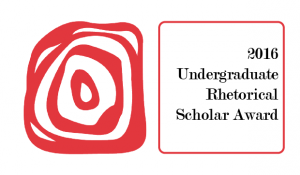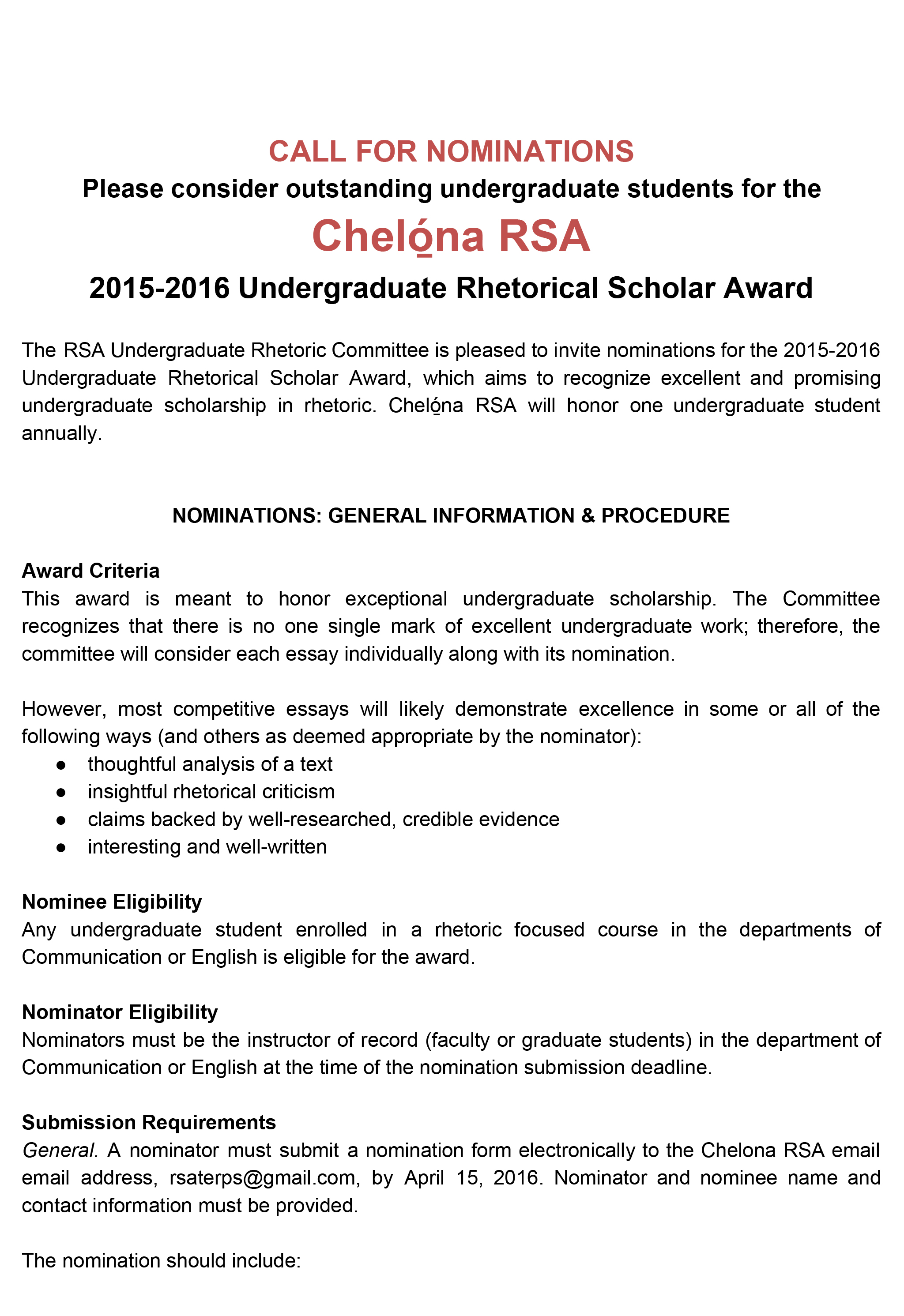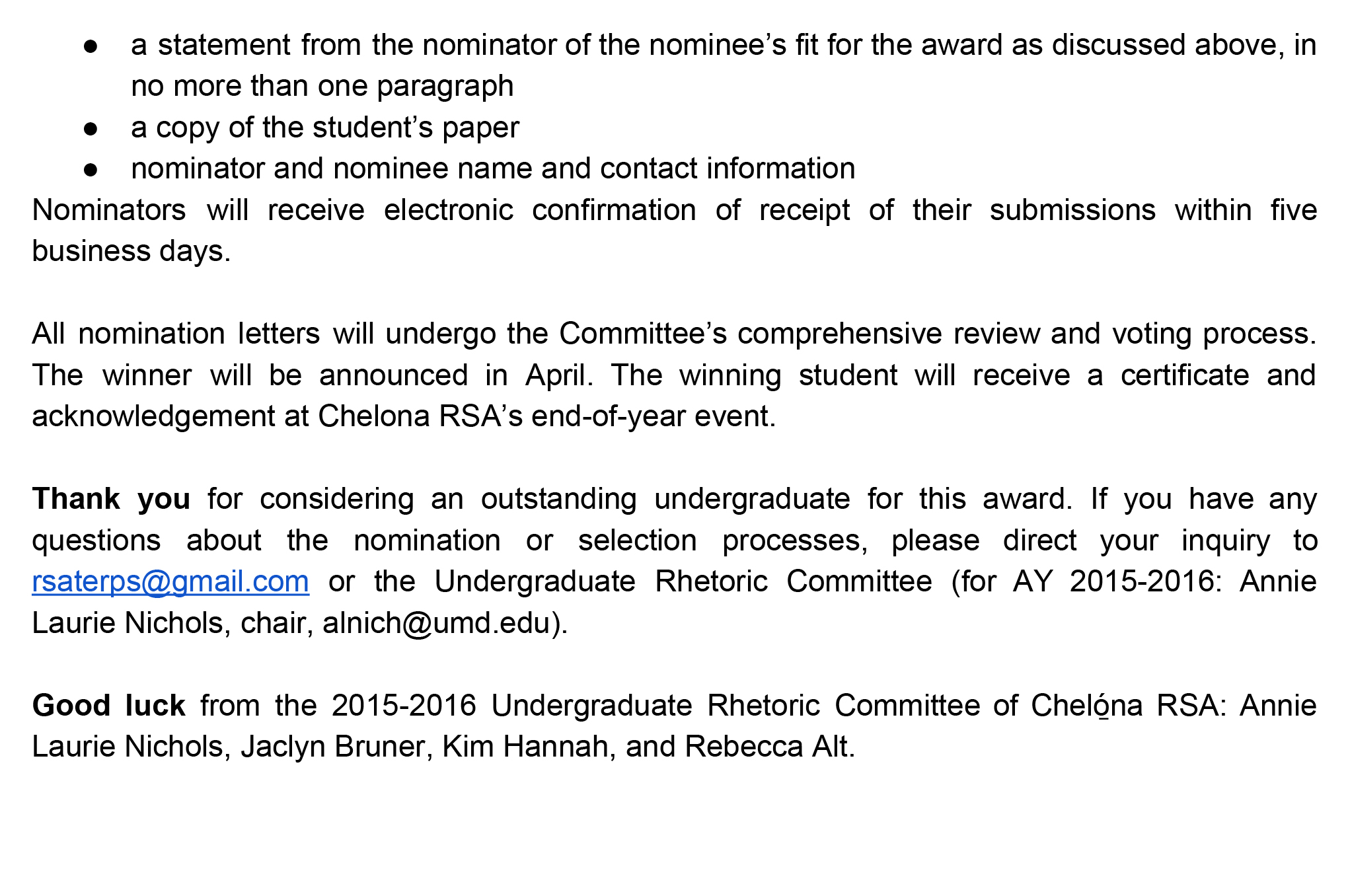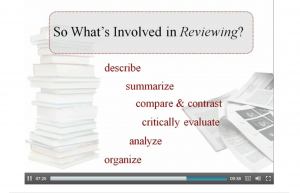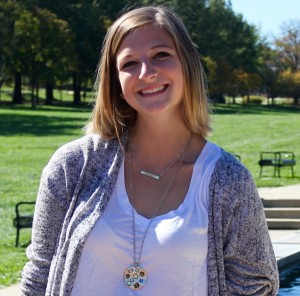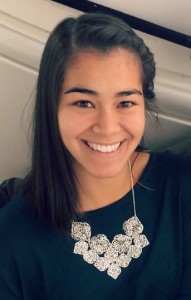As graduate students at Maryland, a large part of our identity comes from being teachers. We strive to provide respectful and inclusive classroom environments. We set high expectations for our undergraduate students. But sometimes it seems as though our students are less ready for the rigor of collegiate academics than they should be. It got us thinking – what can we do about it? Are our students ready for college?
In 2013, former high school educator Kenneth Bernstein wrote an op-ed in the Washington Post, “A warning to college profs from a high school teacher.” He explains his attempts to navigate the standards and expectations, as well as his decision to step away from teaching.
He writes: “I would like to believe that I prepared them to think more critically and to present cogent arguments, but I could not simultaneously prepare them to do well on that portion of the test and teach them to write in a fashion that would properly serve them at higher levels of education.”
But he feels the structure of tests, even tests like the AP (Advanced Placement), made it impossible. He pleads with college instructors not to blame K-12 educators for a student’s lack of preparedness for the college environment. He is dismayed and looking to advocate for a better way forward.
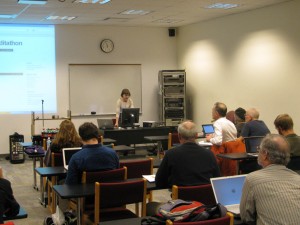
English: Digital Humanities Winter Institute Editathon (2013), Creative Commons Attribution-Share Alike 3.0 Unported license.
And here’s where we come in:
What do we do as instructors if we know our students are not, in Berstein’s words, prepared “for the kind of intellectual work that you [we] have every right to expect of them?”
Last spring, a handful of our members attended a workshop hosted by the Maryland Teaching and Learning Transformation Center (TLTC) about teaching your students how to learn. Programs like this focus on student-centered strategies that are ultimately helpful, but only mask the symptoms and don’t get to the root of the problem.
We think the way forward can be an emphasis on rhetorical education, both at the K-12 level and in the collegiate setting. Rhetorical education stresses what Bernstein says he wanted to do, but wasn’t able to in his classroom.
A rhetorical education can blend classical theory with contemporary culture, teach students how to approach their audience, advance cogent arguments, and express themselves and their opinions in a manner that promotes growth, not division. Students need to be able to advance and defend positions, to understand when someone else is doing the same, and employ the tenets of criticism to judge whether or not an argument will work.
We think that Bernstein is right to worry, but that a curriculum recommitted to a rhetorical education can benefit all students in the long run.
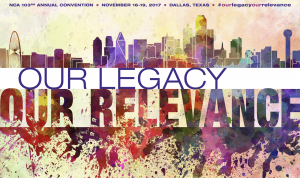 Remember, the NCA 2017 deadline is fast approaching and we want to see you all in Dallas!
Remember, the NCA 2017 deadline is fast approaching and we want to see you all in Dallas!


